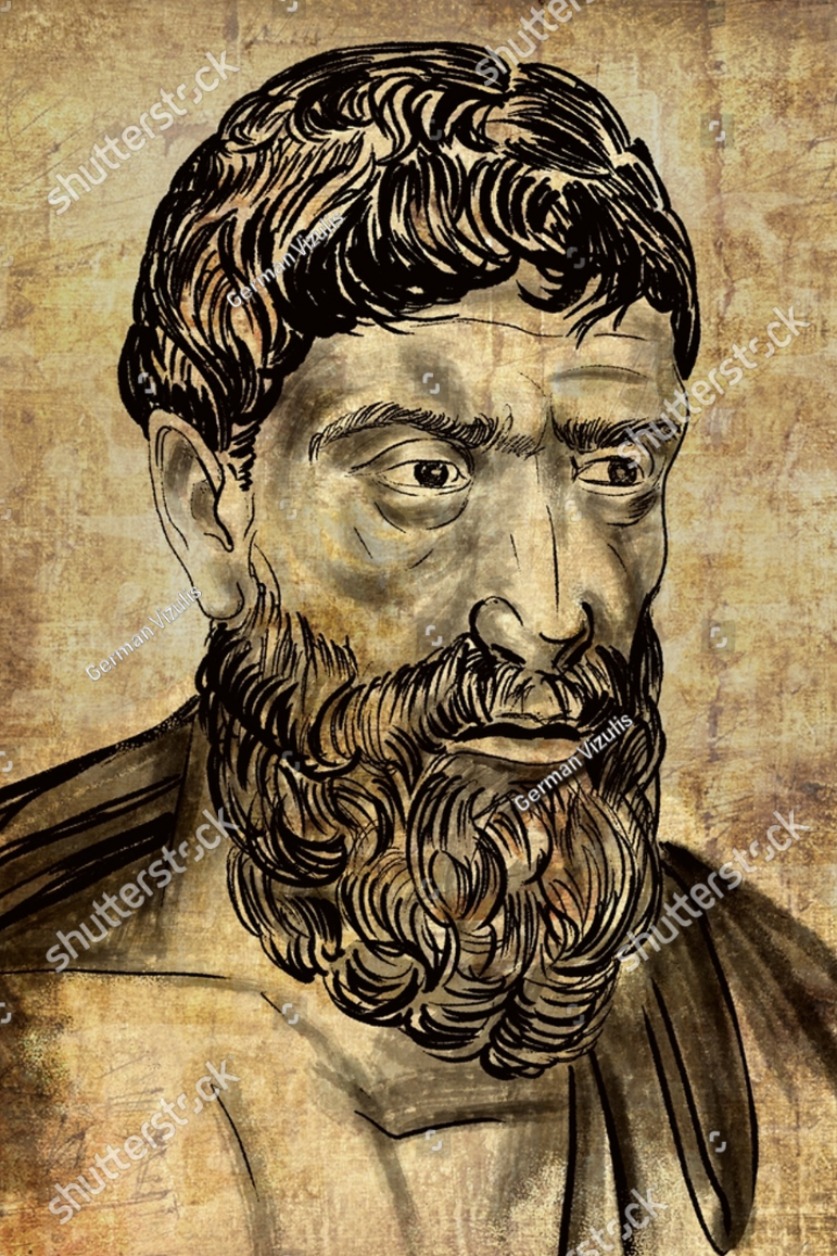
Personal info
Known for
Ultimate Talent
Gender
Male
Birthday
Location
North Aegean, Greece
Edit pageEpicurus
Biography
Epicurus was an ancient Greek philosopher who founded Epicureanism, a school of thought centered on the pursuit of happiness through wisdom, friendship, and a simple life. His teachings emphasized the importance of peace of mind and freedom from fear and pain, offering a practical approach to achieving a balanced and joyful existence.
Early Life and Education
Epicurus was born in 341 BCE on the island of Samos, a Greek colony in the Aegean Sea. His parents, Neocles and Chaerestrata, were Athenian settlers. From a young age, Epicurus showed an interest in philosophy and began studying the ideas of earlier thinkers, especially Democritus, who introduced the concept of atomism — the belief that all matter is made up of tiny, indivisible particles.
At the age of 18, Epicurus moved to Athens to complete his education and later served briefly in the military. After his service, he began teaching and developing his own philosophical system.
Career and Philosophy
Epicurus established his own school, The Garden, in Athens around 306 BCE. Unlike other schools of the time, it was open to both men and women, as well as slaves — a revolutionary idea in Greek society.
His philosophy focused on achieving ataraxia (a state of tranquility and freedom from fear) and aponia (the absence of physical pain). He taught that true happiness does not come from wealth, power, or luxury, but from simple pleasures, thoughtful living, and the company of good friends.
Epicurus believed that understanding the natural world was key to overcoming fear — especially fear of the gods and death. He argued that the gods existed but were indifferent to human affairs, and that death should not be feared since it is merely the end of consciousness.
In ethics, he emphasized moderation and self-control, urging people to seek pleasures that lead to long-term peace rather than short-term indulgence.
Death and Legacy
Epicurus lived a modest and peaceful life, teaching until he died in 270 BCE. Despite suffering from illness in his final years, he reportedly remained calm and content, embodying the very philosophy he taught.
Although much of his work has been lost, his ideas survived through the writings of later philosophers, particularly Lucretius, who expanded upon Epicurean thought in his poem “On the Nature of Things.”
Epicurus’ philosophy profoundly influenced Western thought, particularly in the fields of ethics, humanism, and scientific inquiry. His focus on reason, inner peace, and simplicity remains relevant in today’s fast-paced, stress-filled world.
Conclusion
Epicurus taught that happiness lies not in material wealth or excess, but in living wisely, justly, and with a peaceful mind. His message of contentment through simplicity and understanding continues to inspire those seeking a meaningful and tranquil life.